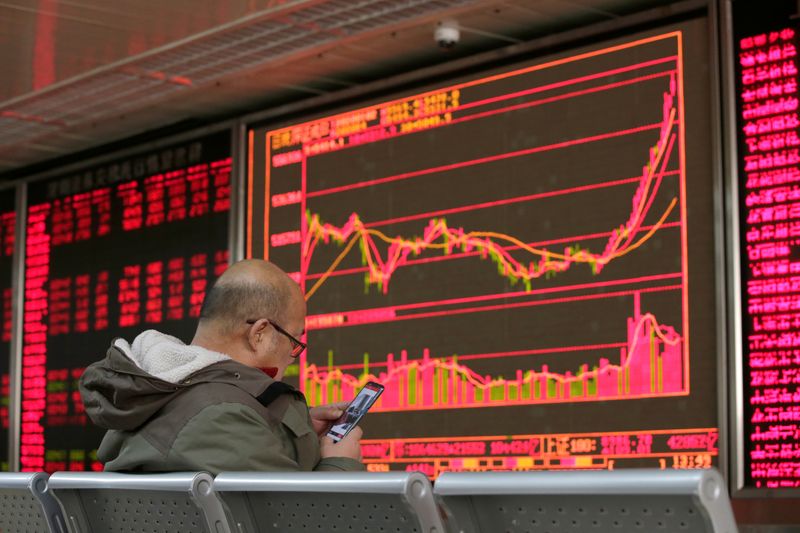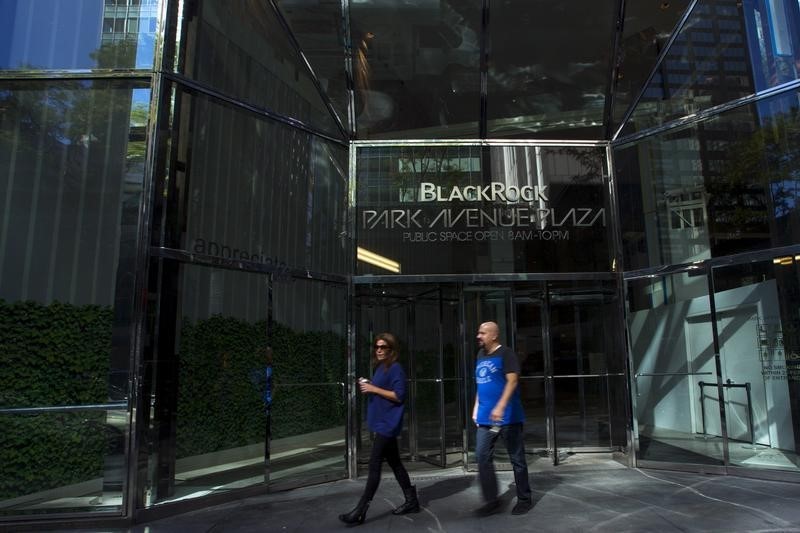[ad_1]
Massive financial institution overdraft charges could turn out to be a factor of the previous as a part of the Biden administration’s push in opposition to so-called “junk charges.”
The Client Monetary Safety Bureau this week introduced proposed restrictions on overdraft charges that it says might save People over $3.5 billion annually. Main banks usually cost as a lot as $35 for every overdraft transaction; underneath the brand new rule, these charges might plummet to as little as $3 per transaction.
“Finally, we expect the result’s going to be an infinite quantity of financial savings, particularly for households who dwell paycheck to paycheck,” Rohit Chopra, director of the CFPB, informed NerdWallet. “We’ll see loads fewer surprises and shocks relating to overdraft charges.”
The CFPB’s proposed restrictions — which might go into impact in October 2025 — will shut a loophole that enables banks to difficulty overdraft loans with out adhering to client protections required by the 1968 Fact in Lending Act. The act requires banks to offer customers with mortgage phrases, rates of interest and different mortgage price info when issuing bank card or financial institution loans, however these guidelines haven’t utilized to banks lending cash to cowl overdrawn accounts. This has allowed banks to difficulty overdraft loans that include steep charges with out first notifying customers.
Below the brand new proposed guidelines, banks would have two choices for the way they deal with overdraft safety: supply overdraft loans as a profit-generating measure, or supply overdraft loans as a courtesy. If banks go for the primary choice, they’ll be required to deal with overdraft loans like some other financial institution mortgage and disclose all charges and curiosity fees upfront, so prospects can store round for a mortgage with higher phrases.
Banks that select the second choice would solely be allowed to cost charges consistent with their prices, or “in accordance with a longtime benchmark,” per the CFPB. The company has proposed benchmarks of $3, $6, $7 or $14 — that means that, at most, prospects could be charged a $14 overdraft price.
“What we’re doing is fairly simple,” says Chopra. “If you happen to’re borrowing out of your financial institution, you must have the identical protections that you’ve got relating to different loans. Meaning you will get clear disclosures concerning the rate of interest that you simply’re paying, and you will have some significant limitations relating to charges.”
Banking trade strains up in opposition to the proposal
Banking leaders slammed the proposed rules, and extra trade pushback appears seemingly. Rob Nichols, president and CEO of the American Bankers Affiliation, mentioned in a press release that the CFPB’s rules are the company’s newest try to “demonize and mischaracterize extremely regulated and clearly disclosed financial institution charges for a service that surveys constantly present People worth and recognize.”
As properly, the president and CEO of the Client Bankers Affiliation, Lindsey Johnson, echoed these sentiments. “This proposal on overdraft value setting is simply the most recent in a myriad of pointless and dear rules by this administration that appears guided by political polling, relatively than by sound coverage created by what must be unbiased companies,” Johnson mentioned in a press release.
Whereas 17% of U.S. households pay at the least one overdraft price in a given yr, individuals residing on tight budgets will particularly profit from the brand new restriction, Chopra says. CFPB analysis discovered that 9% of customers paid over 10 overdraft and NSF (nonsufficient funds) charges per yr, for a median outlay of $380. Collectively, they paid 79% of all mixed overdraft and NSF charges.
The brand new restriction would apply to banks with greater than $10 billion in belongings. This covers 175 banks, together with the largest U.S. banks, equivalent to JPMorgan Chase, Financial institution of America, Wells Fargo and Capital One.
The CFPB is in search of public touch upon the proposed restrictions. Feedback have to be obtained on or earlier than April 1, 2024.
Photograph by Michael A. McCoy/Getty Pictures Information by way of Getty Pictures
[ad_2]
Source link







